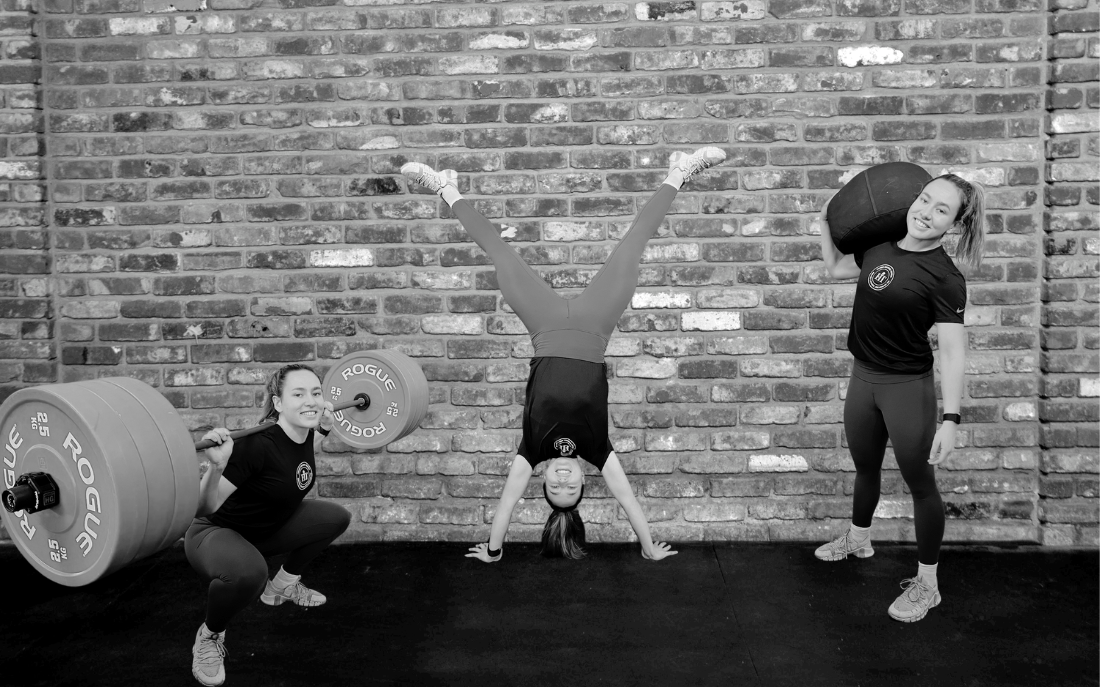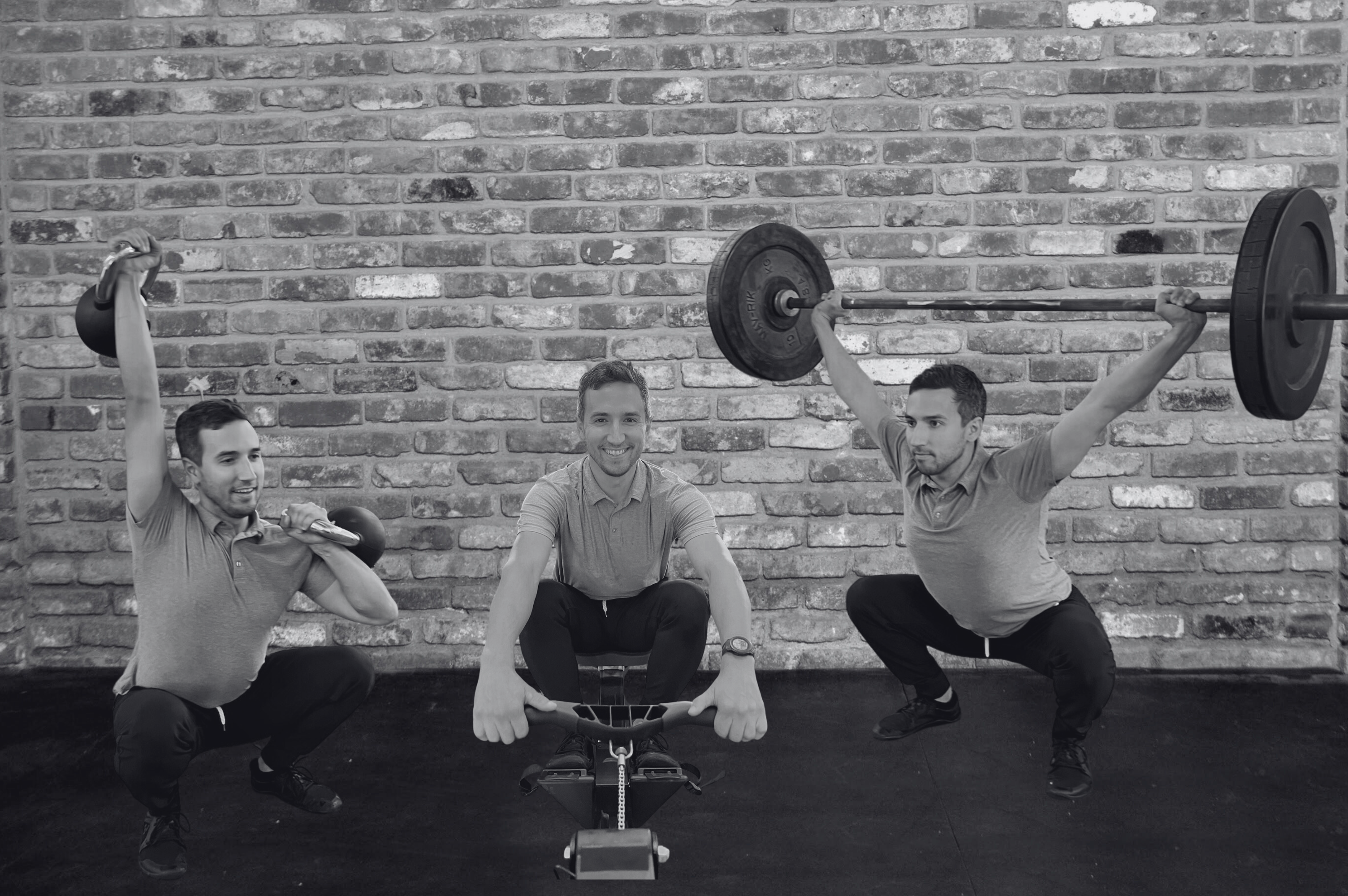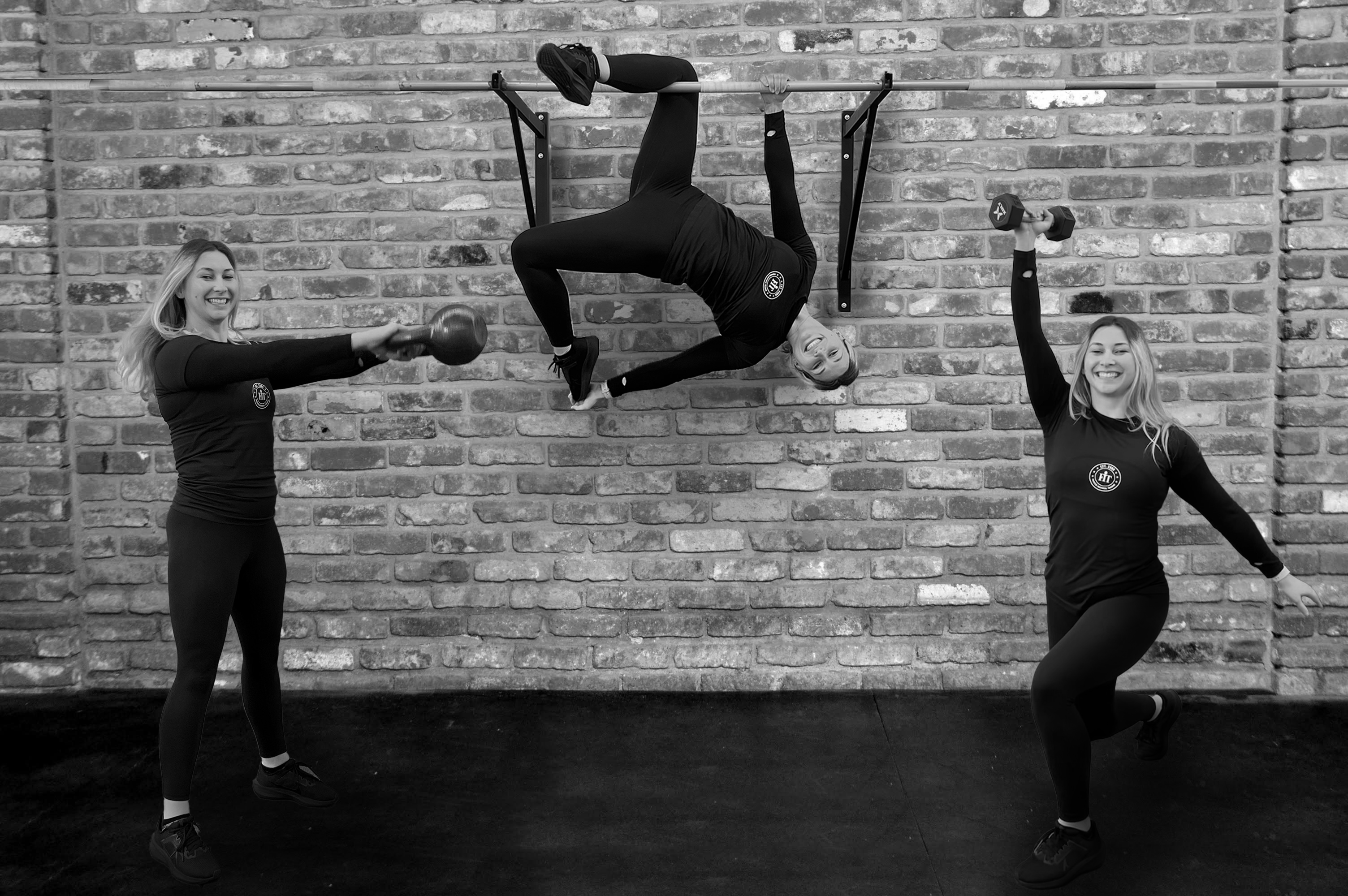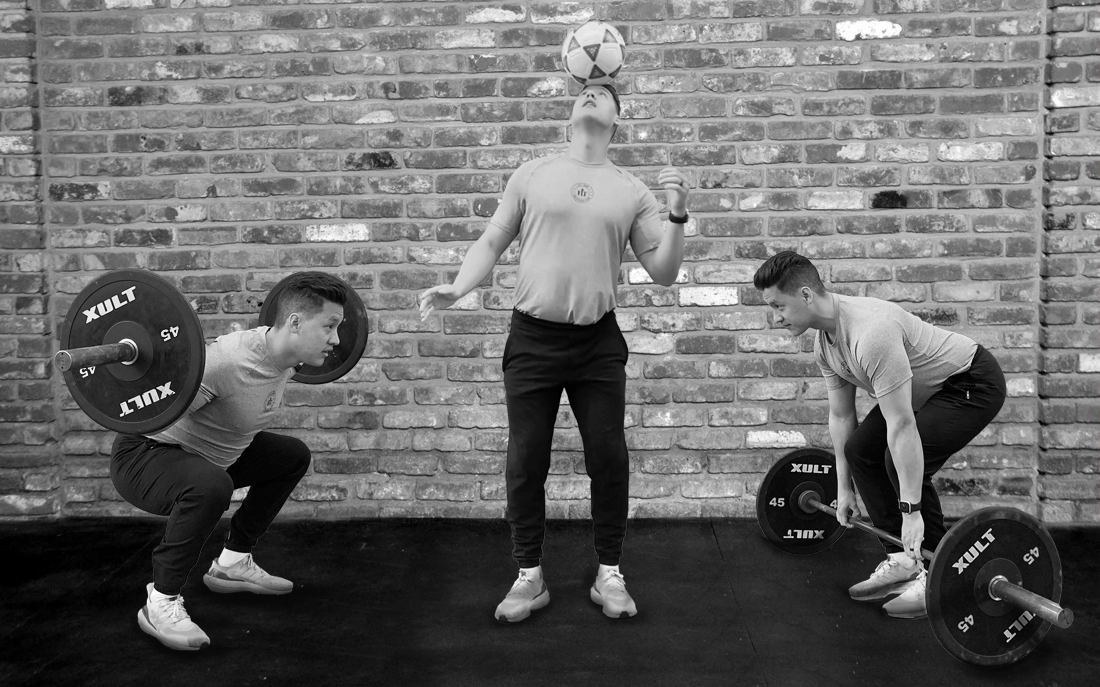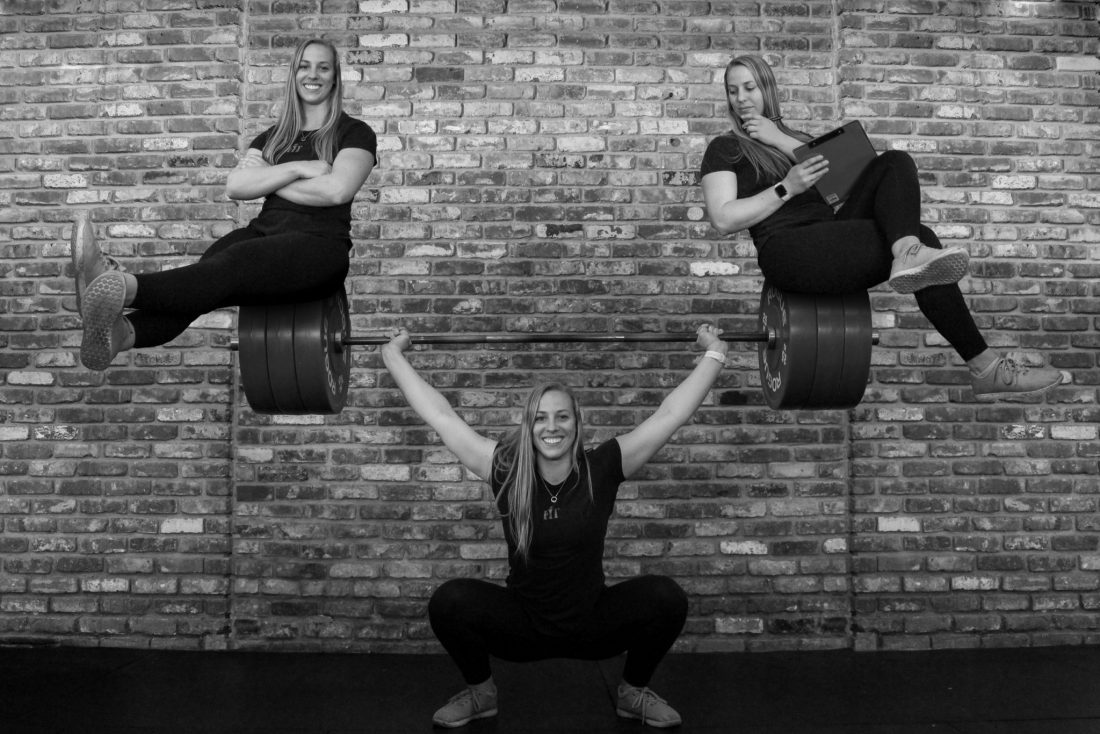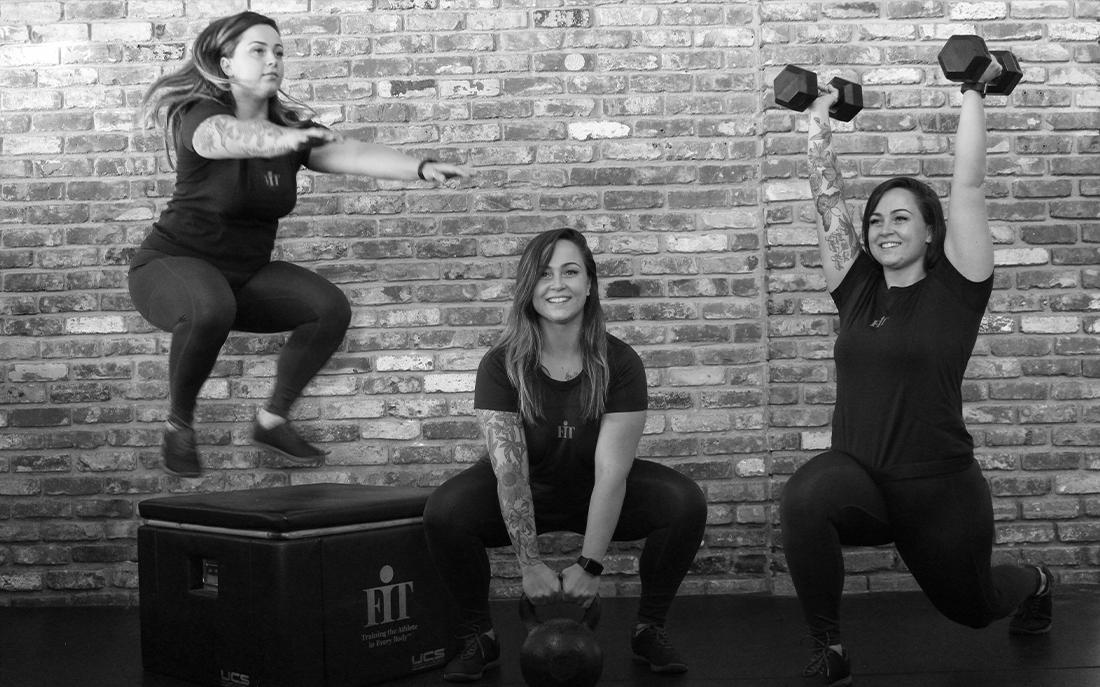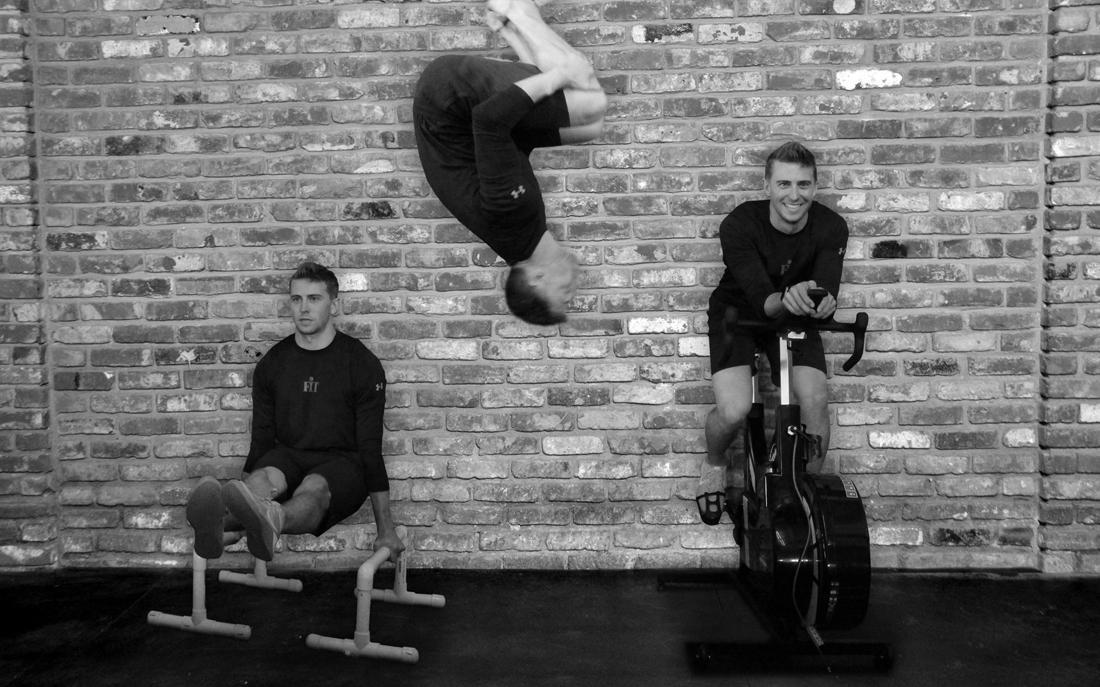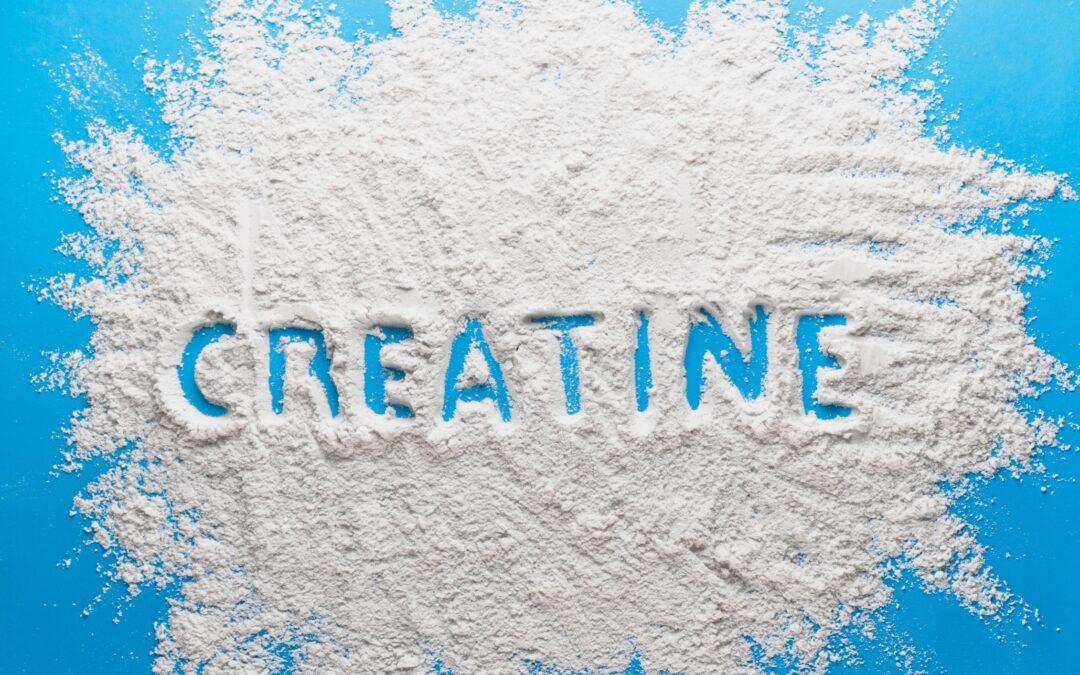One of the most frequently asked questions from clients revolves around creatine supplementation and its direct benefits for both exercise performance and general health. Traditionally, creatine boosts muscle power, delays fatigue, and enhances workout outcomes. More recently, researchers have expanded its focus, revealing creatine’s broader health benefits. Emerging studies suggest that creatine plays a key role in supporting not only physical performance but also overall wellness and longevity.
What is Creatine?
Creatine is a naturally occurring compound found primarily in red meat and fish. Roughly 95% of the body’s creatine stores in muscles, where it helps produce energy for short bursts of high-intensity exercise. Vegetarians and vegans, who typically have lower dietary creatine intake, may benefit significantly from supplementation, as creatine levels in their muscles tend to be lower.
Though the body degrades only 1-2% of its creatine daily, maintaining sufficient intake—whether through diet or supplements—is crucial for overall musculoskeletal health and energy metabolism. On average, adults require around 2-3 grams of creatine each day to support these essential processes (Kreider et al., 2021), with individual needs varying based on activity level and body composition.
Creatine and Performance Benefits
In the fitness world, creatine has remained a staple because it effectively improves muscular strength, endurance, and recovery. It proves especially valuable for high-intensity exercises that rely on fast-twitch muscle fibers, such as explosive movements with barbells, kettlebells, and dumbbells (Smith-Ryan et al., 2021). For this reason, athletes, trainers, and anyone focused on improving short-duration, high-output exercises often supplement with creatine.
Andrew Huberman, a Stanford professor and researcher, talks about the extensive performance and recovery benefits of creatine supplementation. He highlights the particular types of exercise that benefit most from creatine supplementation, while also touching on its cognitive and hormonal benefits.
Beyond the Gym: Creatine’s Health Benefits
Creatine offers more than just performance enhancements. In his podcast episode “Creatine Benefits & why its a must-have for men and women”, Dr. Candow emphasizes that creatine serves as a must-have supplement for both men and women due to its diverse health benefits. Recent studies highlight creatine’s role in cellular energy production, reducing inflammation, and promoting cognitive health. Below are several of the broader health benefits linked to creatine supplementation (Arazi et al., 2021; Kreider et al., 2021):
• Improved blood lipid profiles: Creatine may help manage cholesterol and triglyceride levels, contributing to better cardiovascular health.
• Reduced fat accumulation in the liver: By enhancing metabolic processes, creatine supplementation may protect against fatty liver disease.
• Antioxidant-like properties: Creatine helps buffer oxidative stress, reducing inflammation and cellular damage.
• Bone health: Supplementing creatine, particularly in combination with resistance exercise, can reduce bone loss and improve bone density, especially in aging adults and postmenopausal women.
• Improved cognitive function: Especially in older adults, creatine supports better memory, executive function, and overall brain health.
• Enhanced effects of antidepressant medications: Creatine has been shown to improve the efficacy of antidepressants, particularly in women.
Creatine for Aging and Longevity
As people age, many processes in the body—including hormone production, metabolism, and cellular turnover—become less efficient. This contributes to muscle loss (sarcopenia), decreased bone density (osteopenia and osteoporosis), and increased in inflammation. Research has shown that creatine supplementation can slow or even reverse some of these age-related changes, especially when combined with regular resistance training.
Studies indicate that supplementing with creatine at doses around 0.1g/kg body weight per day can improve muscle mass, strength, and bone density, while reducing markers of bone resorption (Kreider et al., 2021). This is particularly beneficial for women, who experience a more dramatic decline in bone health during and after menopause due to hormonal changes.
Creatine’s Role in Cognitive Health
One of the most exciting areas of creatine research is its potential role in brain health and cognitive function. Regular supplementation has been shown to increase creatine levels in the brain by as much as 15%, supporting better metabolism and energy production in brain cells (Kreider et al., 2021). This translates to improved cognitive performance, particularly under conditions of stress, such as sleep deprivation. Additionally, creatine’s anti-inflammatory properties are thought to support overall brain health and may reduce the risk of neurodegenerative diseases.
Creatine for Women’s Health
While creatine is often associated with men and muscle-building, it offers unique benefits for women as well. Creatine levels in muscle tissue fluctuate with hormonal changes, particularly estrogen levels. For this reason, creatine supplementation may be especially beneficial during certain hormonal phases, such as the second half of the menstrual cycle, during pregnancy, and in postmenopausal women.
Postmenopausal women, in particular, stand to benefit from creatine supplementation due to its ability to support bone density, reduce muscle loss, and modulate inflammation. One study even found that women using creatine alongside antidepressant medications saw a 50% reduction in depressive symptoms (Smith-Ryan et al., 2021).
Creatine Dosing and Considerations

Smith-Ryan, A. E., Cabre, H. E., Eckerson, J. M., & Candow, D. G. (2021). Creatine supplementation in women’s health: A lifespan perspective.
For most people, a standard creatine dosing protocol involves a “loading phase” of 0.1-0.5g/kg of body weight per day for 7-10 days, followed by a maintenance dose of 3-5 grams per day (Arazi et al., 2021). This protocol ensures that muscle stores are saturated quickly, maximizing the benefits.
For women, supplementing during key hormonal shifts—such as the luteal phase, pregnancy, and menopause—can help stabilize hormone levels, support bone and muscle health, and mitigate symptoms of hormonal imbalance.
Note: As with any supplement, individuals with kidney or liver conditions, high blood pressure, or metabolic disorders should consult a healthcare provider before starting creatine.
What About Water Retention?
One common concern with creatine supplementation is the potential for water retention. Creatine draws water into muscle cells, which can cause temporary bloating or “puffiness.” However, this effect is usually short-lived and can be managed with proper hydration, exercise, and recovery strategies.
The Takeaway
Creatine is far more than just a performance supplement. Its ability to enhance muscular strength and endurance, promote cognitive health, support hormonal balance, and protect bone density makes it an invaluable tool for overall health and longevity. Whether you’re an athlete looking to boost performance, an older adult aiming to preserve muscle and bone health, or a woman navigating hormonal changes, creatine offers benefits that extend far beyond the gym.
References
• Arazi, H., Eghbali, E., & Suzuki, K. (2021). Creatine supplementation, physical exercise and oxidative stress markers: A review of the mechanisms and effectiveness. Nutrients, 13(3), 1–17. https://doi.org/10.3390/nu13030869
• Kreider, R. B., & Stout, J. R. (2021). Creatine in health and disease. Nutrients, 13(2), 1–28. https://doi.org/10.3390/nu13020447
• Smith-Ryan, A. E., Cabre, H. E., Eckerson, J. M., & Candow, D. G. (2021). Creatine supplementation in women’s health: A lifespan perspective. Nutrients, 13(3), 1–17. https://doi.org/10.3390/nu13030877
